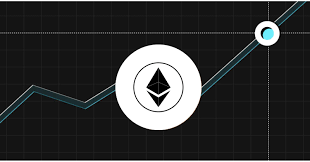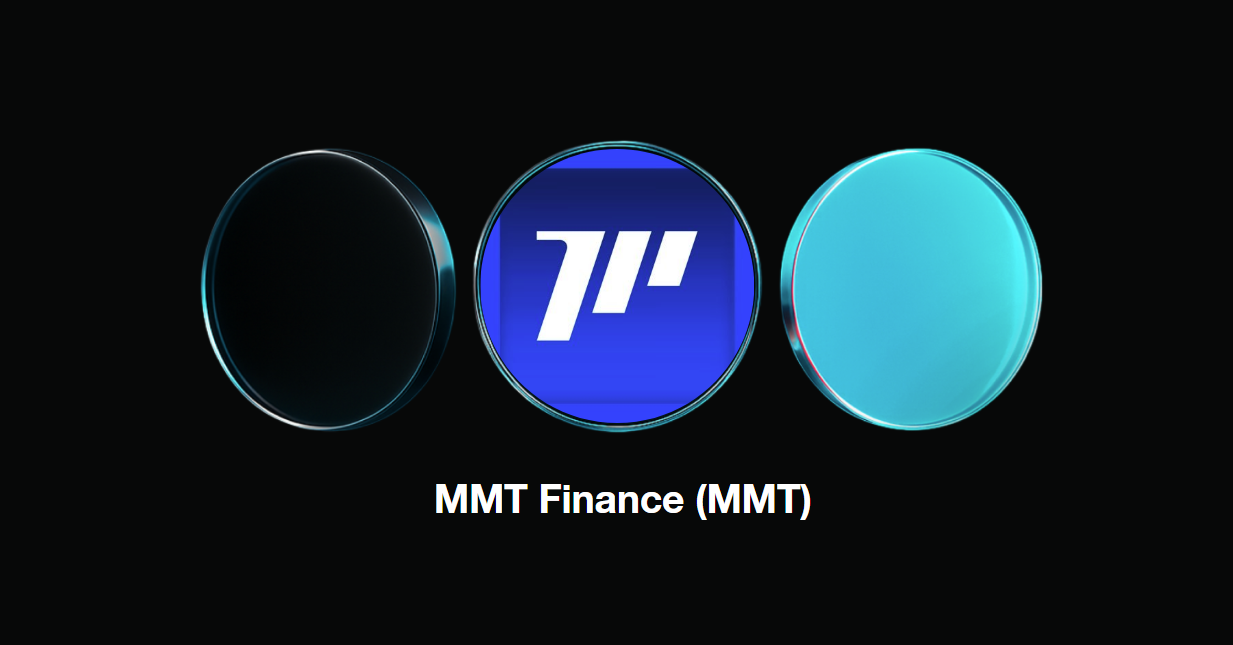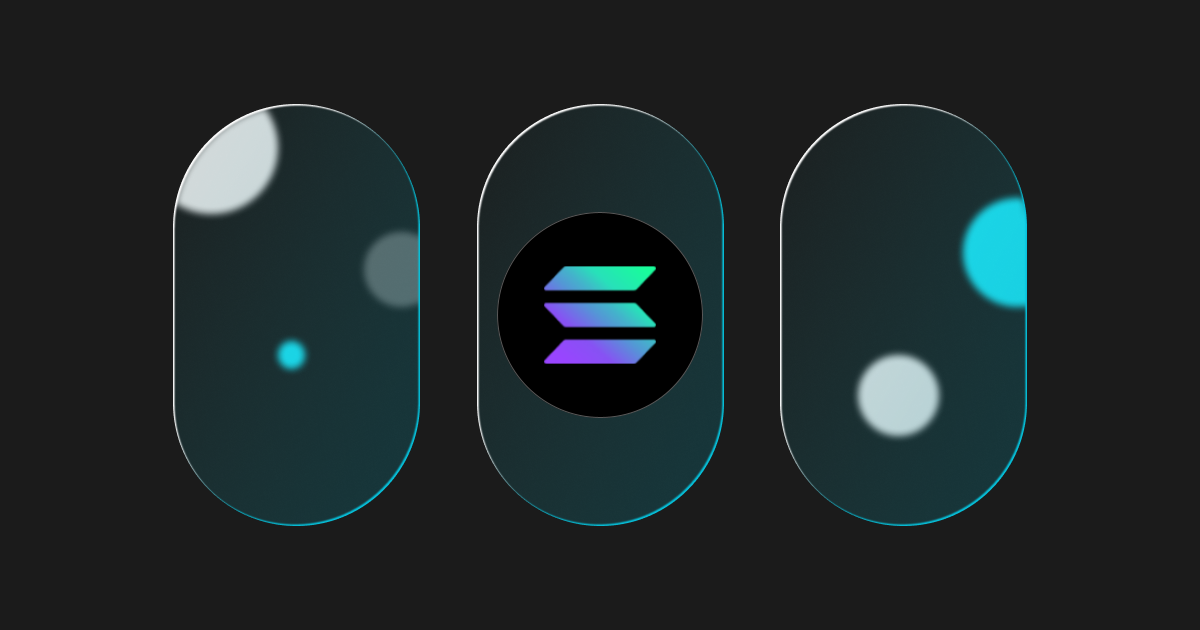
JPMorgan’s Tokenization Push: What It Means for the Future of Crypto and Banking
JPMorgan announced plans to launch an investment fund tokenization platform in 2026, signaling a major step toward merging traditional finance with blockchain technology. As the largest U.S. bank, JPMorgan is shaping how institutions will handle digital assets in the future.
What JPMorgan Is Building
The platform will represent investment funds as digital tokens on a blockchain, making it easier to issue, trade, and settle them instantly. According to CEO Jamie Dimon, "crypto and stablecoins will be used by all major banks to facilitate better transactions" (source) JPMorgan is redefining how traditional assets move and are managed.
Other institutions are heading in the same direction:
● Western Union plans to launch a stablecoin on Solana next year, expanding payment access globally (link).
● Mastercard announced it will acquire crypto startup Zerohash to strengthen its settlement infrastructure (link).
● Spot Bitcoin ETF trading volume recently exceeded $1 billion in the first 30 minutes of trading, showing that traditional investors are moving quickly into digital markets (link).
These signals point to a broader transformation in global finance: the move toward tokenized systems.
Why Tokenization Matters
Tokenization allows traditional assets to operate with the same speed and efficiency as cryptocurrencies. It offers:
● Faster settlements: Transactions complete in seconds instead of days.
● Lower costs: Reduces the need for multiple intermediaries.
● 24/7 access: Markets never close.
● Global reach: Cross-border investing becomes simple and accessible.
For investors, this could mean a future where they can buy a tokenized share of a global investment fund directly from their exchange account, instantly and transparently.
Why This Is Happening Now
JPMorgan’s announcement comes right after the Federal Reserve began cutting interest rates and ended quantitative tightening. With more liquidity entering the system, large institutions are searching for ways to modernize and deploy capital more efficiently. Tokenization provides that path by reducing friction and expanding market access.
At the same time, global economic stability and tech optimism are improving. The recent U.S.-China trade deal and Nvidia’s $5 trillion valuation have boosted investor confidence in innovation-driven sectors. Banks see blockchain as infrastructure for the next growth phase, not competition.
Bitget’s Approach to Tokenized Assets
Bitget is already putting tokenization into practice through its Universal Exchange (UEX), a unified platform that allows users to trade both cryptocurrencies and traditional assets, including tokenized stocks, ETFs, and commodities. This system bridges centralized and decentralized exchanges, giving users access to a wide range of assets in one place.
With UEX, users can:
● Trade traditional stocks as tokenized assets, such as S&P 500 ETFs and gold.
● Access markets 24/7, bypassing time-zone and exchange limitations.
● Use AI-powered trading tools through Bitget’s GetAgent system for faster analysis and decision-making.
Bitget’s UEX represents what tokenization looks like in practice: a simple, secure, and efficient gateway to a new era of global trading. You can read more about it in this article.
What This Means for You
1. The gap between banks and crypto is closing. Traditional finance is rapidly adopting blockchain technology.
2. Stablecoins and tokenized assets are expanding opportunities. They connect regulated finance with crypto-native ecosystems.
3. Access will widen. In the coming years, owning a tokenized asset may become as simple as holding Bitcoin on an exchange.
If you’re following the next phase of digital finance, watch how major banks build, not just what they say.
The Bottom Line
JPMorgan’s tokenization platform signals that the world’s biggest banks are preparing for a blockchain-based financial system. This is the next step in digital finance: institutions creating real infrastructure that makes digital assets part of everyday banking.
Bitget’s Universal Exchange already demonstrates how this future looks in practice, giving users hands-on access to tokenized assets today.



